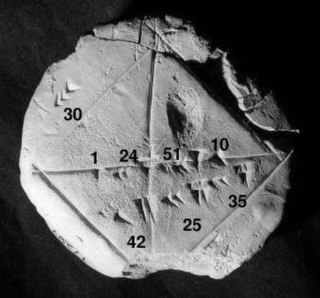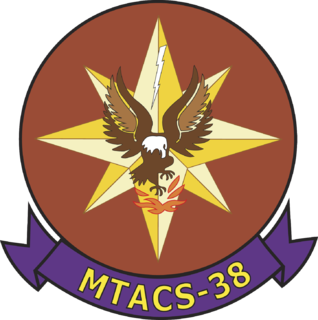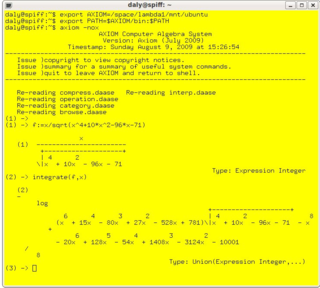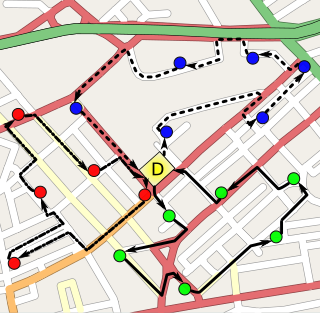
Computer science is the study of computation, automation, and information. Computer science spans theoretical disciplines to practical disciplines. Computer science is generally considered an area of academic research and distinct from computer programming.
Complexity theory may refer to:

In theoretical computer science and mathematics, the theory of computation is the branch that deals with what problems can be solved on a model of computation, using an algorithm, how efficiently they can be solved or to what degree. The field is divided into three major branches: automata theory and formal languages, computability theory, and computational complexity theory, which are linked by the question: "What are the fundamental capabilities and limitations of computers?".

Wolfram Mathematica is a software system with built-in libraries for several areas of technical computing that allow machine learning, statistics, symbolic computation, data manipulation, network analysis, time series analysis, plotting functions and various types of data, implementation of algorithms, creation of user interfaces, and interfacing with programs written in other programming languages. It was conceived by Stephen Wolfram, and is developed by Wolfram Research of Champaign, Illinois. The Wolfram Language is the programming language used in Mathematica. Mathematica 1.0 was released on June 23, 1988 in Champaign, Illinois and Santa Clara, California. Wolfram Research celebrated a third of a century of Mathematica on October 30th, 2021.
A computer algebra system (CAS) or symbolic algebra system (SAS) is any mathematical software with the ability to manipulate mathematical expressions in a way similar to the traditional manual computations of mathematicians and scientists. The development of the computer algebra systems in the second half of the 20th century is part of the discipline of "computer algebra" or "symbolic computation", which has spurred work in algorithms over mathematical objects such as polynomials.
Computational biology involves the development and application of data-analytical and theoretical methods, mathematical modelling and computational simulation techniques to the study of biological, ecological, behavioral, and social systems. The field is broadly defined and includes foundations in biology, applied mathematics, statistics, biochemistry, chemistry, biophysics, molecular biology, genetics, genomics, computer science, ecology, and evolution, but is most commonly thought of as the intersection of computer science, biology, and big data.

Theoretical computer science (TCS) is a subset of general computer science and mathematics that focuses on mathematical aspects of computer science such as the theory of computation, lambda calculus, and type theory.
Computational science, also known as scientific computing or scientific computation (SC), is a field in mathematics that uses advanced computing capabilities to understand and solve complex problems. It is an area of science that spans many disciplines, but at its core, it involves the development of models and simulations to understand natural systems.

The table below is a brief chronology of computed numerical values of, or bounds on, the mathematical constant pi. For more detailed explanations for some of these calculations, see Approximations of π.
The Middle Tennessee Anime Convention (MTAC) is an annual three day anime convention held during April at the Grand Hyatt Nashville in Nashville, Tennessee.
Engineering mathematics is a branch of applied mathematics concerning mathematical methods and techniques that are typically used in engineering and industry. Along with fields like engineering physics and engineering geology, both of which may belong in the wider category engineering science, engineering mathematics is an interdisciplinary subject motivated by engineers' needs both for practical, theoretical and other considerations outwith their specialization, and to deal with constraints to be effective in their work.
In geometry, a facet is a feature of a polyhedron, polytope, or related geometric structure, generally of dimension one less than the structure itself. More specifically:

Computational mathematics involves mathematical research in mathematics as well as in areas of science where computation plays a central and essential role, and emphasizes algorithms, numerical methods, and symbolic computations.

The Mongolian and Tibetan Affairs Commission (MTAC) was a ministry-level commission of the Executive Yuan in the Republic of China. It was disbanded on September 15, 2017.
Joseph O'Rourke is the Spencer T. and Ann W. Olin Professor of Computer Science at Smith College and the founding chair of the Smith computer science department. His main research interest is computational geometry.

Marine Tactical Air Command Squadron 38 (MTACS-38), was a United States Marine Corps aviation command and control unit that provided the Tactical Air Command Center (TACC) for the 3rd Marine Aircraft Wing. The TACC is the senior agency in the Marine Air Command and Control System (MACCS) and serves as the operational command post for the commander of the aviation combat element and their staff. The squadron was based at Marine Corps Air Station Miramar, California and fell under the command of Marine Air Control Group 38 and the 3rd Marine Aircraft Wing.

In mathematics and computer science, computer algebra, also called symbolic computation or algebraic computation, is a scientific area that refers to the study and development of algorithms and software for manipulating mathematical expressions and other mathematical objects. Although computer algebra could be considered a subfield of scientific computing, they are generally considered as distinct fields because scientific computing is usually based on numerical computation with approximate floating point numbers, while symbolic computation emphasizes exact computation with expressions containing variables that have no given value and are manipulated as symbols.

Applied mathematics is the application of mathematical methods by different fields such as physics, engineering, medicine, biology, finance, business, computer science, and industry. Thus, applied mathematics is a combination of mathematical science and specialized knowledge. The term "applied mathematics" also describes the professional specialty in which mathematicians work on practical problems by formulating and studying mathematical models.








